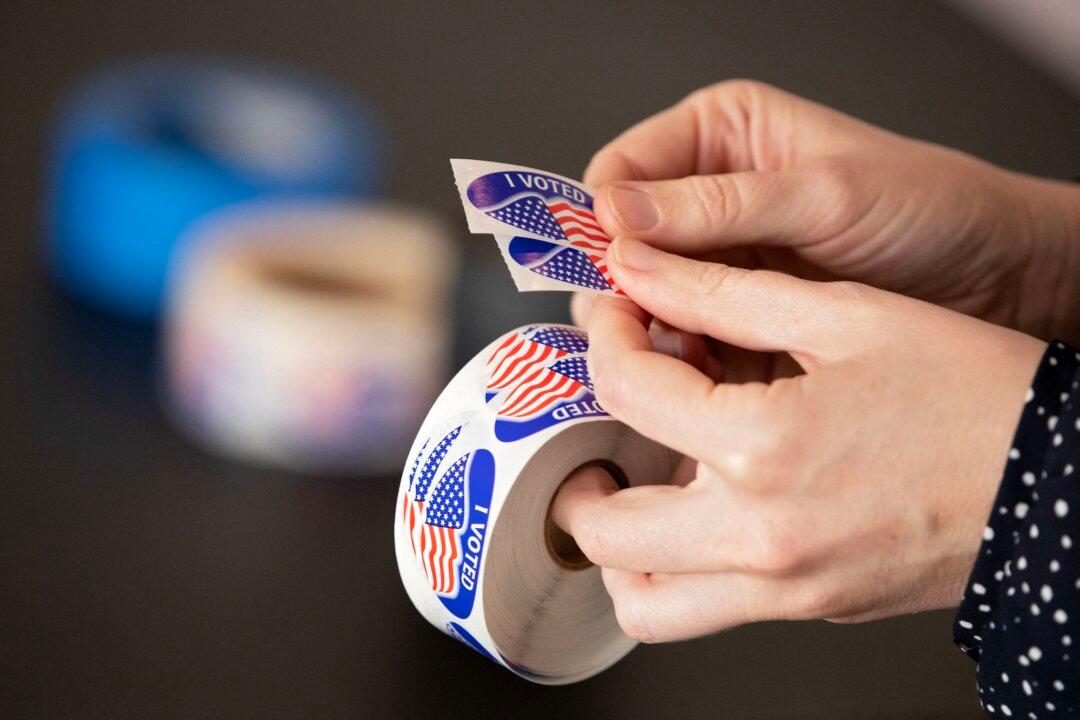A federal appeals court has issued a key ruling that prohibits private citizens and entities from filing lawsuits under a section of the Voting Rights Act that has been used extensively to bring legal challenges to redistricting processes on the premise that they’re racist.
In a 2–1 decision, the U.S. Court of Appeals for the 8th Circuit ruled on Nov. 20 that only the federal government can bring legal challenges under Section 2 of the Voting Rights Act, upholding an earlier ruling by an Arkansas judge that private citizens or civil rights groups cannot bring Section 2 lawsuits.





